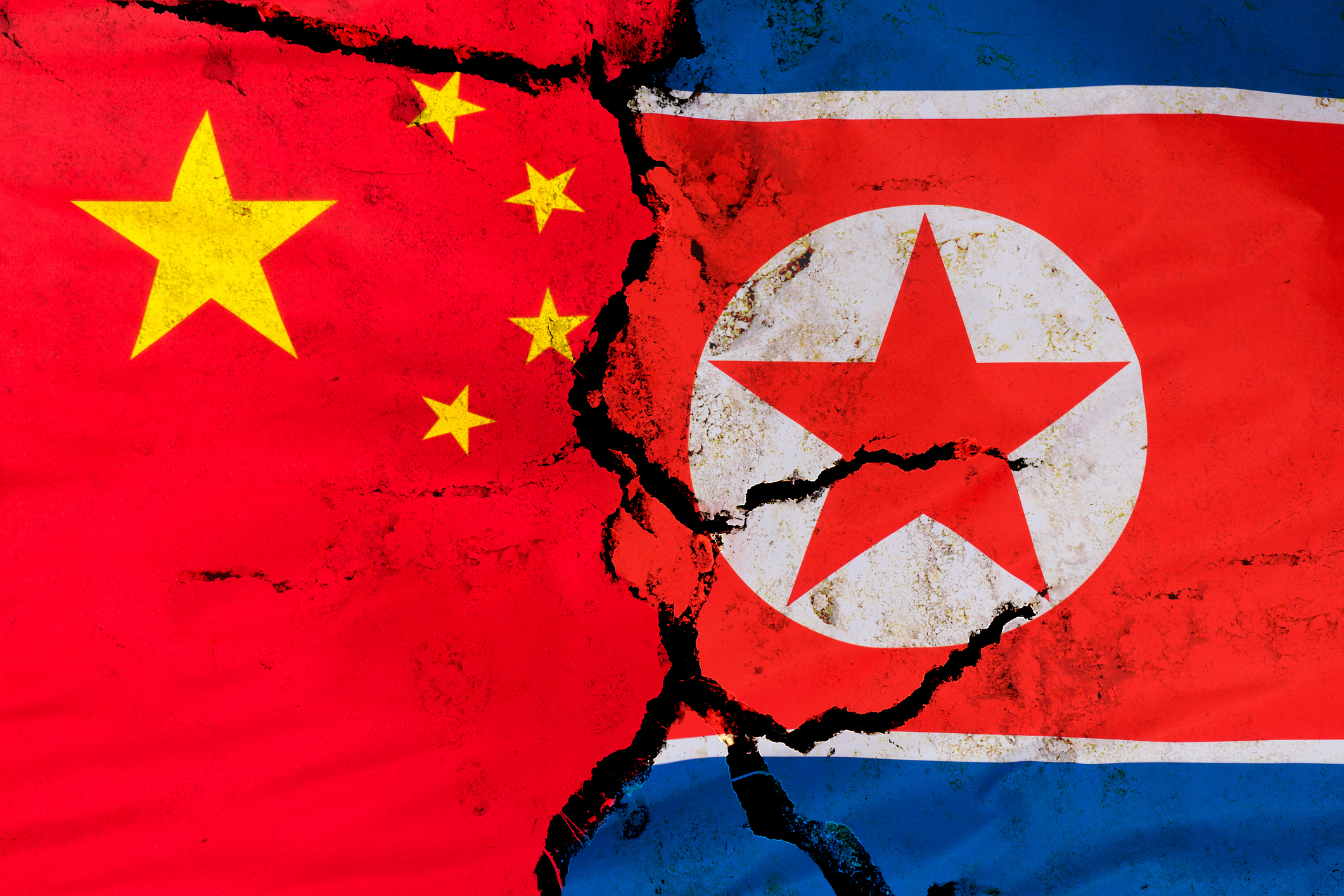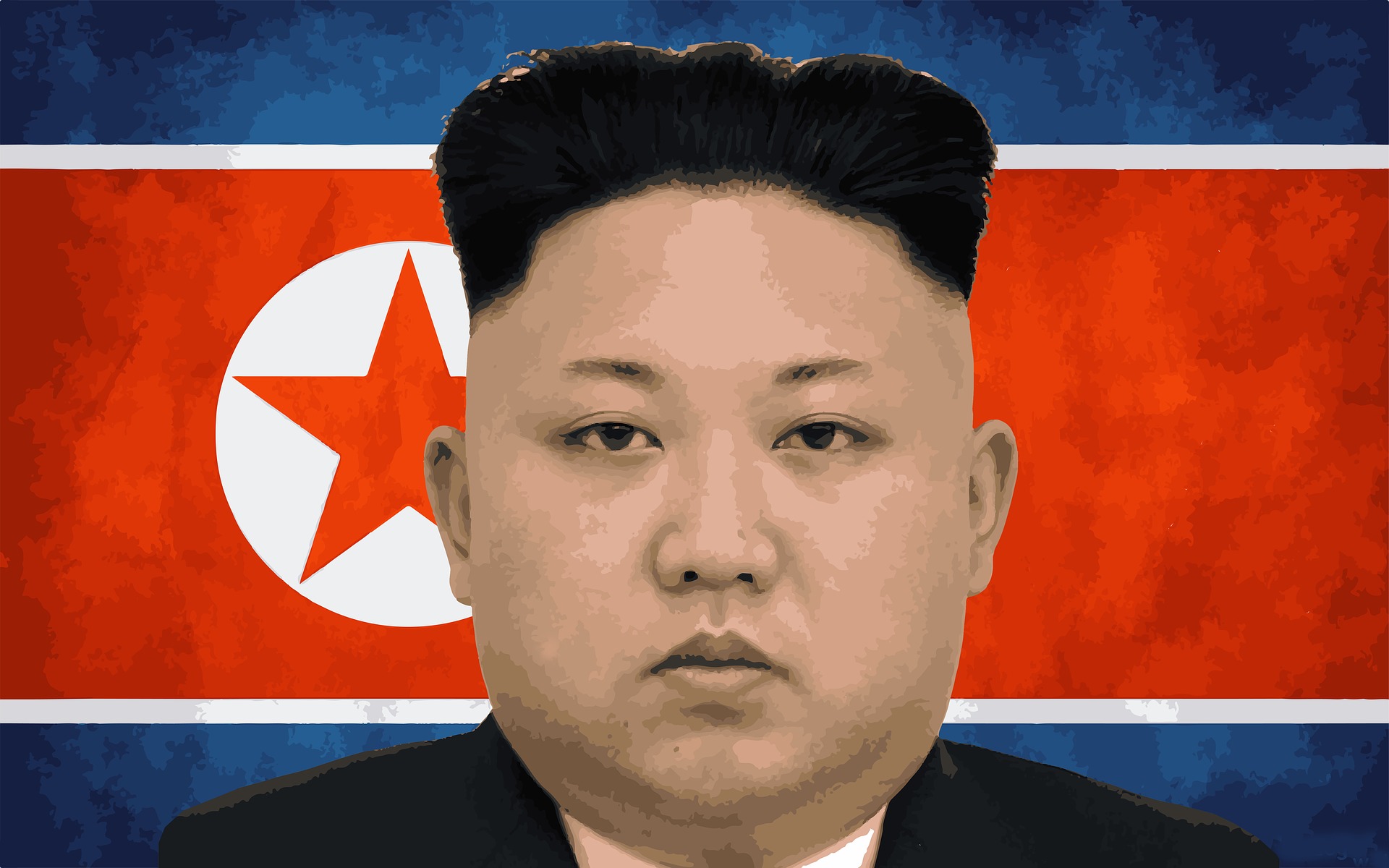By Yiming Yu

Interactions between China and North Korea always attract attention, particularly in the time of crisis. When Song Tao, a senior Chinese diplomat, visited the Democratic People’s Republic of Korea (DPRK) in November 2017, to inform the outcome of Communist Party’s 19th Congress, the reports on this visit raised many observers’ eyebrows because these reports remained silent on whether the envoy had met with Kim Jong-Un, the leader of DPRK. Following the visit were the reports that China has been constructing a refugee camp next to the Sino-DPRK border. These are the latest controversial developments on the Sino-DPRK relationship amid increasing possibility of military confrontation between the US and North Korea over the latter’s nuclear programme. These tensions further fuel the speculation that the Sino-DPRK relationship, after decades of close connection, has been gradually in decline.
It is widely perceived that the friendship between China and DPRK, is ironclad, and that China is the latter’s closest ally. However, there have always existed tensions during the history of this bilateral relationship. According to Shen Zhihua, one of the most prominent Chinese Cold war historians, the Chinese military’s participation in the Korean War brought frustration instead of gratitude to Kim Il-sung’s, as he has hoped to achieve greater independence, in the fear of China’s influence. Despite a warmer relationship between 1958 and 1976, China’s efforts to forge a closer relationship with the US to both promote domestic reforms and counter the USSR resulted in isolating North Korea. After the end of the Cold War, China broke the promise of not establishing formal diplomatic relationship with South Korea and this symbolized betrayal in the eyes of DRPK. These events, as believed by Shen, while accommodating China’s needs to pursue its own strategic interests – normalisation of diplomatic relations and economic reforms – also contributed to shape North Korea’s determination to develop nuclear weapons, with the goal of being capable to defend itself.
China’s attitudes towards North Korea’s behaviours violating its interests have been extraordinarily moderate in comparison with the responses to other states’ similar acts. China has shown a relatively gentle tone when some violent incidents involving hostile behaviours by North Korean troops against Chinese civilians took place. For instance, a North Korean deserter committed, such as a robbery in 2014. The year before, the DPRK authorities had captured capture a Chinese fishing boat in 2013. China’s efforts in organizing the Six-Party meeting, which enlisted participation of the US, Russia, Japan, South Korea and DPRK, to find a peaceful solution to the nuclear crisis indeed showed China’s commitment to a denuclearized Peninsula though the most recent meeting was held in 2009 before DPRK withdrew. However, in the arena of the UN Security Council, China tried hard to ease punitive sanctions on DRPK. Beijing conditioned their support to UN resolutions imposing sanctions on North Korea to the removal of the toughest proposed measures, such as a full oil embargo, from the resolution’s draft. Also, while claiming to effortlessly push for denuclearisation, China’s economic ties with the DPRK – which have accounted for 90% of the latter’s foreign trade –had been closer before 2017 with the establishments of the Guomenwan border trade zone and of new trade routes. Only in the wake of the recent sanctions in 2017 did Sino-DPRK economic relationship start to decline. The latest figures from Chinese authorities showed that as of January 2018, China’s overall trade with DPRK has fallen to the lowest level since June 2014. After the Security Council passed the latest resolution imposing oil sanctions on North Korea in last December, an oil tanker linked with China was caught smuggling oil to a North Korean ship. The PRC was subsequently accused by US President Donald Trump of being involved in illicit oil trade. It is such self-contradictory attitude that leads to doubts regarding China’s commitments to addressing North Korea’s condemned behaviours. This also indicates the dilemma between regime stability and denuclearization now faced by China, which is shaped by a long history of relationship, geopolitics and even ideology.
It is fair to suggest that, the experiences of fighting together in the Korean War and providing countless aids to North Korea amid efforts against the “US imperialism” have laid historical and ideological foundation for the Sino-North Korean relationship. Among the Chinese population, it can be observed that pro-DPRK opinions still enjoy popularity among those who endorse socialism and those who hold anti-Western beliefs. The idea of abandoning North Korea will certainly spark resistance and criticism, not only because this may symbolize renouncing a long history of friendship and self-sacrifice, but it would also indicate subordination to the US’ request.
The geopolitical value of North Korea to China has always been cited among China’s domestic audience and even policymakers as the reason to stand behind its rogue neighbour. One of the reason why Mao Zedong was willing to concede disputed border territory to DPRK, as suggested by Shen, was that he hoped the latter would become a loyal ally to China in the Cold War. A similar trend of strategic thought has prevailed afterwards. With America’s presence in South Korea and Japan, there remains in China a prominent strand of vision that should the US successfully unifies the Peninsula into a pro-US liberal democracy, American forces would subsequently be deployed at the Sino-Korean border. Furthermore, it is believed that in the potential circumstance of a collapse of Kim’s regime, the flow of refugees, armed North Korean soldiers and fissile materials may wreak havoc at the Sino-DPRK border, threatening China’s own stability.
All these factors determine China’s preference towards the stability of Kim Jong-Un’s regime. While prioritising stability of Kim’s regime, it seems China is willing to achieve this goal at the expense of denuclearization in the short term. However, China is dealing with two other actors who do not share similar visions. China understands DPRK’s security concerns and thus points finger at the US in its official stance, blaming the US for escalating tensions. According to Chinese Ministry of Foreign Affairs, the essence of tension lies in the US-DPRK relationship and Fu Ying, former Vice-Minister of Foreign Affairs and currently chairing National People’s Congress Foreign Affairs Committee, claims that Washington refuses to address DPRK’s security concerns to solve the root cause of the crisis. Meanwhile, China is facing North Korea, which believes the development of nuclear weapons will independently ensure survival of the regime; and the USA which prioritises ending DPRK’s nuclear programme and which views regards DPRK’s efforts as a mean to develop offensive weapons. In other words, China, DPRK and the US fail to reach a consensus regarding the balance between regime stability and denuclearisation. With such a fundamental disagreement, it is impossible for China to achieve both a stability as well as an acceptance of DPRK as a nuclear state at the same time. If North Korea carries on developing nuclear weapons and conducting missile tests, with greater expectation from the international community and increasing possibility of US military strikes on DPRK, China will be facing greater pressure to influence Pyongyang. Even though, in reality China may not be as influential as expected. This will certainly challenge the likelihood of the Sino-DPRK relationship to remain on friendly terms. China’s strict implementation of sanctions as well as a growing displeasure over DPRK’s continuous defiance will inevitably result in deepening the latter’s resentment and insecurity.
Traditionally-prevailing opinions about the relationship with North Korea are now increasingly challenged in China. In addition to Shen, Jia Qingguo, a professor at Peking University, also surprisingly raises the point that China should prepare for the potential collapse of Kim’s regime and hence needs to cooperate with the US on a contingency plan. His opinion was harshly criticized by another Chinese scholar, Zhu Zhihua, who believes Jia’s proposals will in fact play into America and South Korea’s hands. This debate is actually a periscope of a larger argument among Chinese scholars on who should be held responsible for the current crisis and what China should do in the future, which is labelled as a left-right battle. Zhu’s opinions represent those leftists who, while supporting denuclearization, believe the US have sole responsibility in the crisis and are therefore suspicious about the US’ real intentions in solving it. In contrast, rightists in the likes of Jia believe China should reconsider or even abandon its close partnership with DPRK. While the debate does not signify any shifts in China’s policy towards DPRK, the widening room for different voices on this once-taboo subject actually echoes the ambivalence and dilemma of China’s policy towards North Korea.
The participation of North Korea in Winter Olympics held in PyeongChang, South Korea, in February and the prospect of US-DPRK talks seem to have appeased the recent tensions. However, it is too early to label these developments as a turning point. While it is certain that China and North Korea will maintain their relationship on surface, it is hard to expect whether China will continue to tolerate an increasingly out-of-control North Korea whilst the USA is still likely to maintain military pressure in the Korean Peninsula as response. With China increasingly facing the dilemmas between DPRK’s regime stability and denuclearisation process in the Peninsula, and the fact that its influence over DPRK is declining, amid outside pressure, it runs a greater risk of alienating DRPK to brew a potential rivalry.
Yiming Yu is currently a MA student from Conflict, Security and Development programme at King’s. His main academic interests are insurgency/counterinsurgency and peacekeeping but he has always been keeping an eye on East Asian security and China.
Image Source: https://www.38north.org/2017/09/jperson092617/



